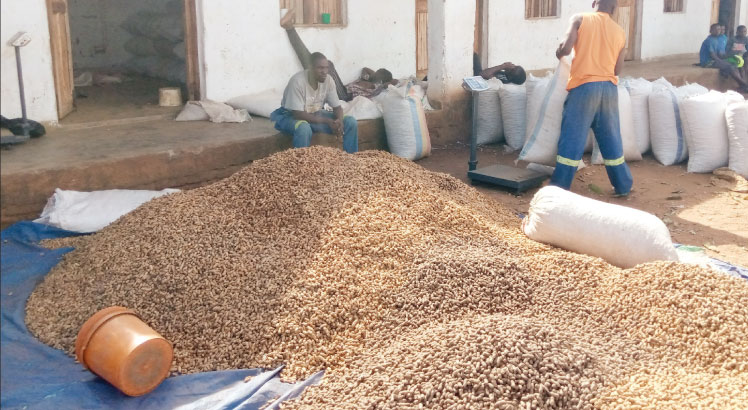Strikes to halve national wealth
 The current spate of industrial strikes across in Malawi is threatening the country’s attainment of the 2012 national output as measured by the gross domestic product (GDP), Nico Asset Managers Limited has warned.
The current spate of industrial strikes across in Malawi is threatening the country’s attainment of the 2012 national output as measured by the gross domestic product (GDP), Nico Asset Managers Limited has warned.
In recent months, Malawi has witnessed a wave of labour unrest across the country as workers have demanded an increase in perks in various public and private organisations to match soaring cost of living following devaluation and floatation of the kwacha.
Government sharply devalued the local currency, the kwacha, to a dollar by an average of 49 percent which has consequently seen Malawi reeling from imported inflation as importers pass on their cost of importing food and non-food items to consumers.
“Ongoing strikes pose a threat to GDP growth…with employees on strike, companies will experience loss of sales, reduced profits and, eventually, reduced shareholder yields,†says the company.
The warning by the investment management and advisory firm comes at a time National Bank of Malawi (NBM) said Malawi’s gross domestic product for 2012 is likely to slow to a seven-year low of between two and three percent on account of low tobacco revenues, high inflation and credit concentration as a result of high interest rates.
This would be one of the lowest economic growth rates since 2005 when the economy expanded by a paltry 2.1 percent impacted by drought that affected the agriculture sector, the main driver of Malawi’s growth.
A 4.3 growth rate is one of the lowest real growth rates which the Malawi economy has attained in the last decade.
Low growth rates are feared for unleashing a reduced consumption pattern in economy, slached government expenditure, shrinking investment levels and a worsening trade balance—the gap between total value of imports and exports.
Overall, such a situation exerts pressure on government expenditure on critical social services such as health and education as it culminates into a shrink in a country’s tax base.
“These strikes are likely to have a negative impact on the growth of the economy. Service shortages or compromised services negatively affect quality of production,†it warns.
Nico Asset Managers also observes that despite efforts in the budget to resuscitate the economy and improve the investment environment, the economy is expected to remain subdued during 2012.
The firm has cited high inflation rate, currently at 21.7 percent, increased cost of borrowing and a weakening currency as major impediments to Malawi’s economic recovery process.
“Businesses will continue to struggle with a high operating cost environment and more volatile economic conditions. Structural problems such as insufficient power supply are likely to remain a major challenge to economic activity.â€
In an exclusive interview in Lilongwe this week, Malawi’s Finance Minister Dr. Ken Lipenga said government, through his ministry, understands and acknowledge the agony that workers are going through in the aftermath of the devaluation.
But the minister pleaded with striking workers to understand the current economic situation which the economy is currently wobbling through.
Said the minister: “Doing anything to abandon the current way we have undertaken could be disastrous and could wipe away gains we have consolidated before.â€
Government, through the Ministry of Labour, has since indicated it is planning to hold an all-inclusive stakeholders meeting to find solutions for the now infectious wave of industrial strikes.





